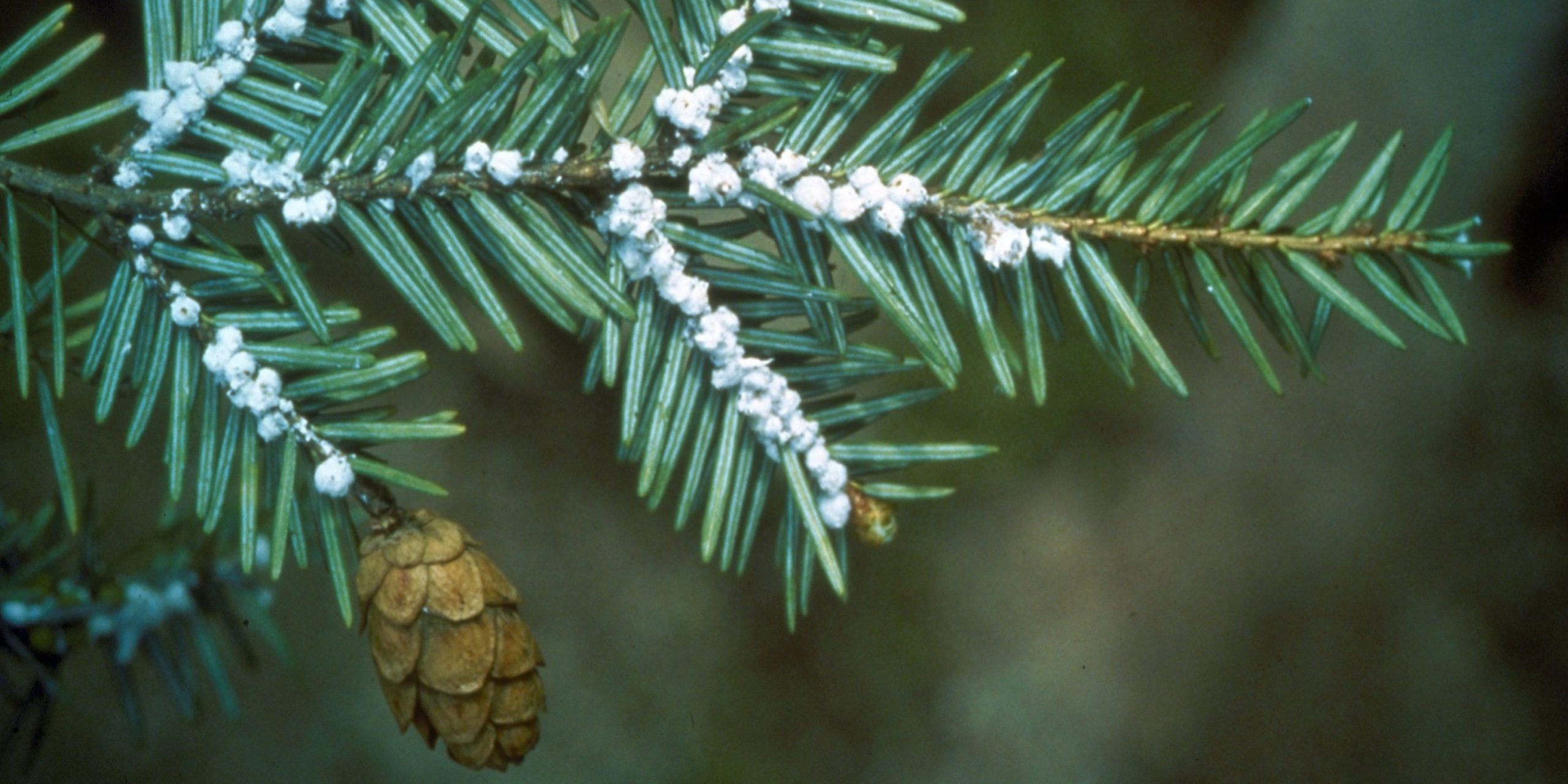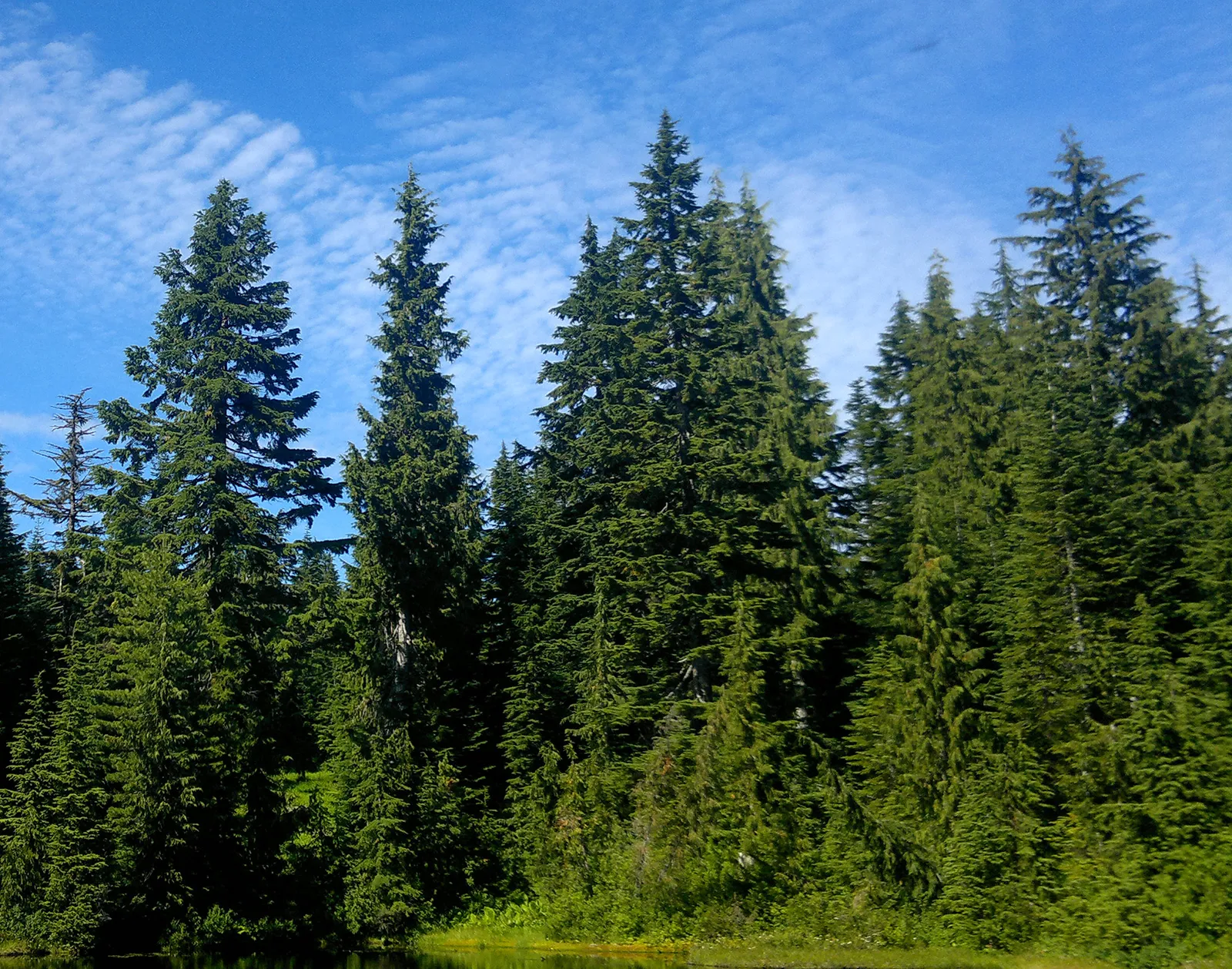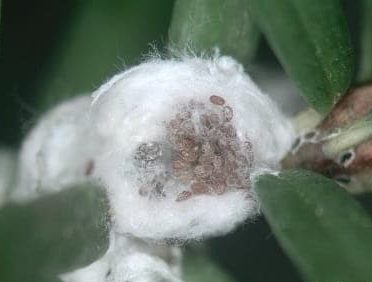Federal regulator finds tree-killing invasive pest in Hamilton
Published March 31, 2023 at 10:15 am

The federal food regulator notified the City of Hamilton and the Royal Botanical Gardens (RBG) of the presence of hemlock woolly adelgid (HWA) in trees. Residents are now being asked to check the trees on their property.
While the invasive species does not pose a threat to humans, animals, and insects, HWA is a destructive pest of eastern hemlock — an ecologically significant tree species in eastern Canada. It feeds on the base of the needles, causing needle drop and tree mortality in as few as four years.
The species was found in the forested areas surrounding Churchill Park in Westdale.
As a result, the Canadian Food Inspection Agency (CFIA) issued a notice to both the City and the RBG that restricts the movement of hemlock material, such as firewood, branches, and mulch, for this area.

On Thursday, the City stated that hemlocks comprise a small portion of the forest inventory, with only 321 trees on streets, parks, and cemeteries, making the threat of HWA low. However, they concede that “the impact of HWA to hemlocks in Hamilton’s publicly owned woodlots is harder to quantify because the woodlot inventory is incomplete, and the impact to privately owned woodlots is not known as the City does not have that data.”
HWA can be identified by its egg sacs, which can be found at the base of needles and look like cotton or snow clumps. The City is asking residents who have hemlock trees on their private property to inspect their own trees for the pest.

Photo courtesy of the State of Michigan
Residents who suspect the presence of HWA on their hemlock trees or on a City tree are asked to call their local CFIA Office at 905-572-2201 to have an official identification completed.
Residents should not attempt to remove the pest themselves, according to officials.
insauga's Editorial Standards and Policies advertising





